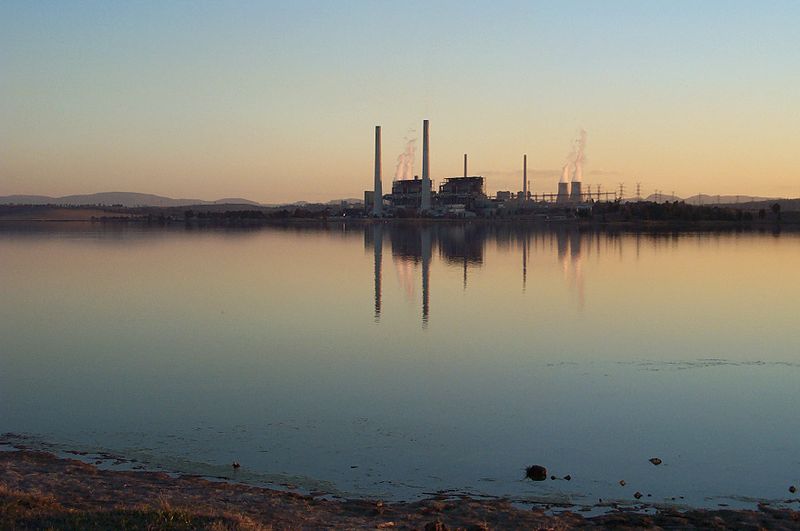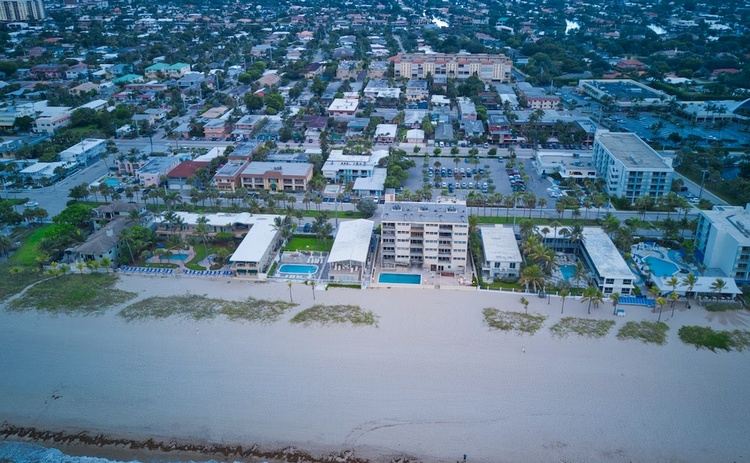April 12 NEC Energy News
¶ “Coal Power Station Closes As State Transitions To Renewable Energy” • The Liddell Power Station in New South Wales, a coal-fired power station which first came online in 1971, has been shut down. The facility proved unreliable, having to be restarted 335 times in 2022, and it consistently failed to produce its maximum amount of power. [Utility Magazine]

¶ “Nuclear Power Plants: China And Russia Are Dominating The World’s Nuclear Trade” • At the beginning of this year, of the 59 reactors under construction in the world, 22 were in China, and 43 are of either Russian or Chinese technology, according to data from the World Nuclear Industry Status Report. Other countries are left far behind. [Globe Echo]
¶ “Proposed 1,200 MW Floating Solar PV Plant In Zimbabwe Could Increase Generation By 44%” • China Energy Engineering Group has proposed to construct a 1,200 MW DC floating solar PV plant on Lake Kariba to help with Zimbabwe’s unprecedented power crisis. The floating solar plant would cover 25 km² (about 1.34%) of the reservoir’s area. [CleanTechnica]
¶ “Sea Level Rise: Scientists Find ‘Unprecedented’ Rates Along Some US Coasts” • A study published in Nature Communications found that since 2010, sea level rise along the nation’s Southeast and Gulf coasts has increased dramatically. Scientists at Tulane University found that sea levels in those regions have increased by about half an inch every year. [Vigour Times]

¶ “Biden Administration Approves Construction Of 700-Mile Transmission Line Across US West” • The US Bureau of Land Management announced that it has approved the construction of a 732-mile high-voltage transmission line across the Western US that will help transport renewable energy from Wyoming to southern Nevada. [The Hill]
¶ “Los Angeles, Las Vegas And Other Major Cities Could Face Huge Water Cuts In Feds’ Proposed Plan To Save The Colorado River” • The Biden administration released a highly anticipated analysis of the Colorado River crisis. It paints a dire picture of what that river system’s collapse would portend for the West’s major cities, farmers, and Native tribes. [CNN]
For more news, please visit geoharvey – Daily News about Energy and Climate Change.
